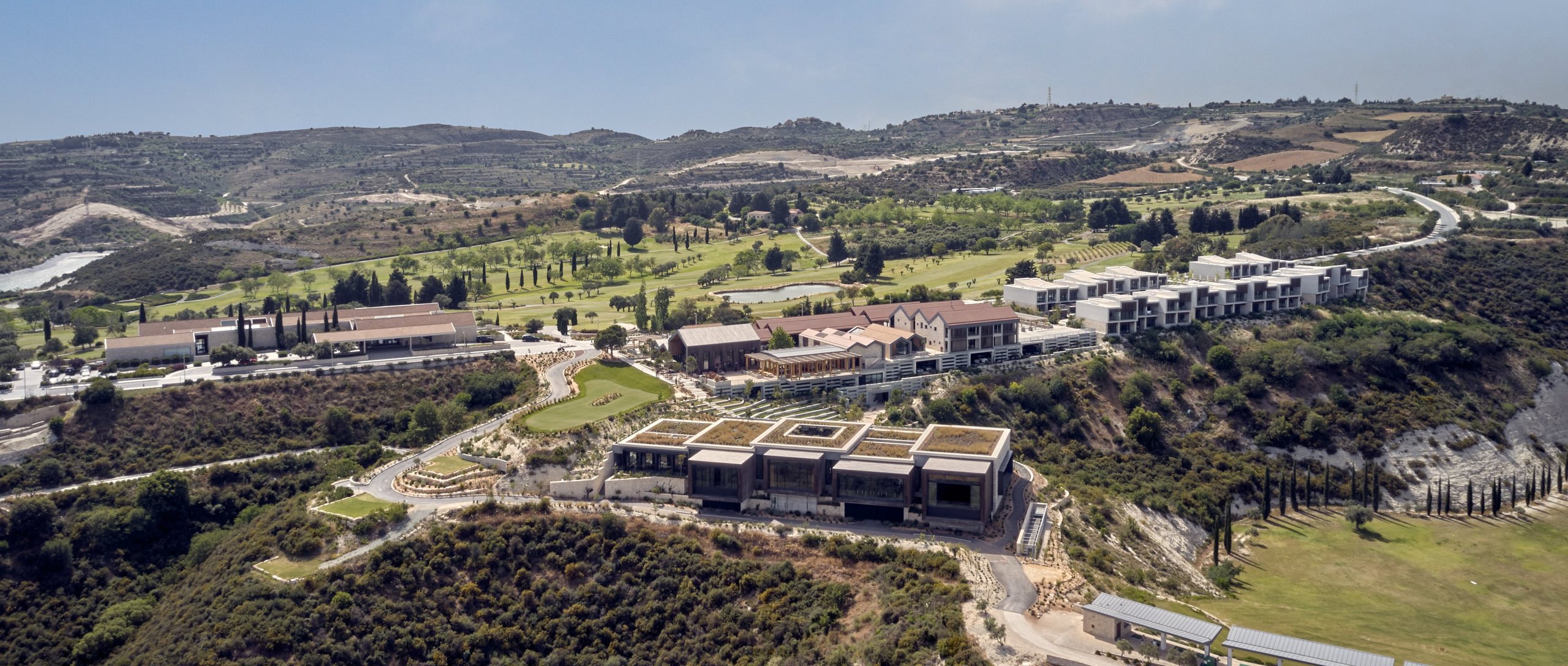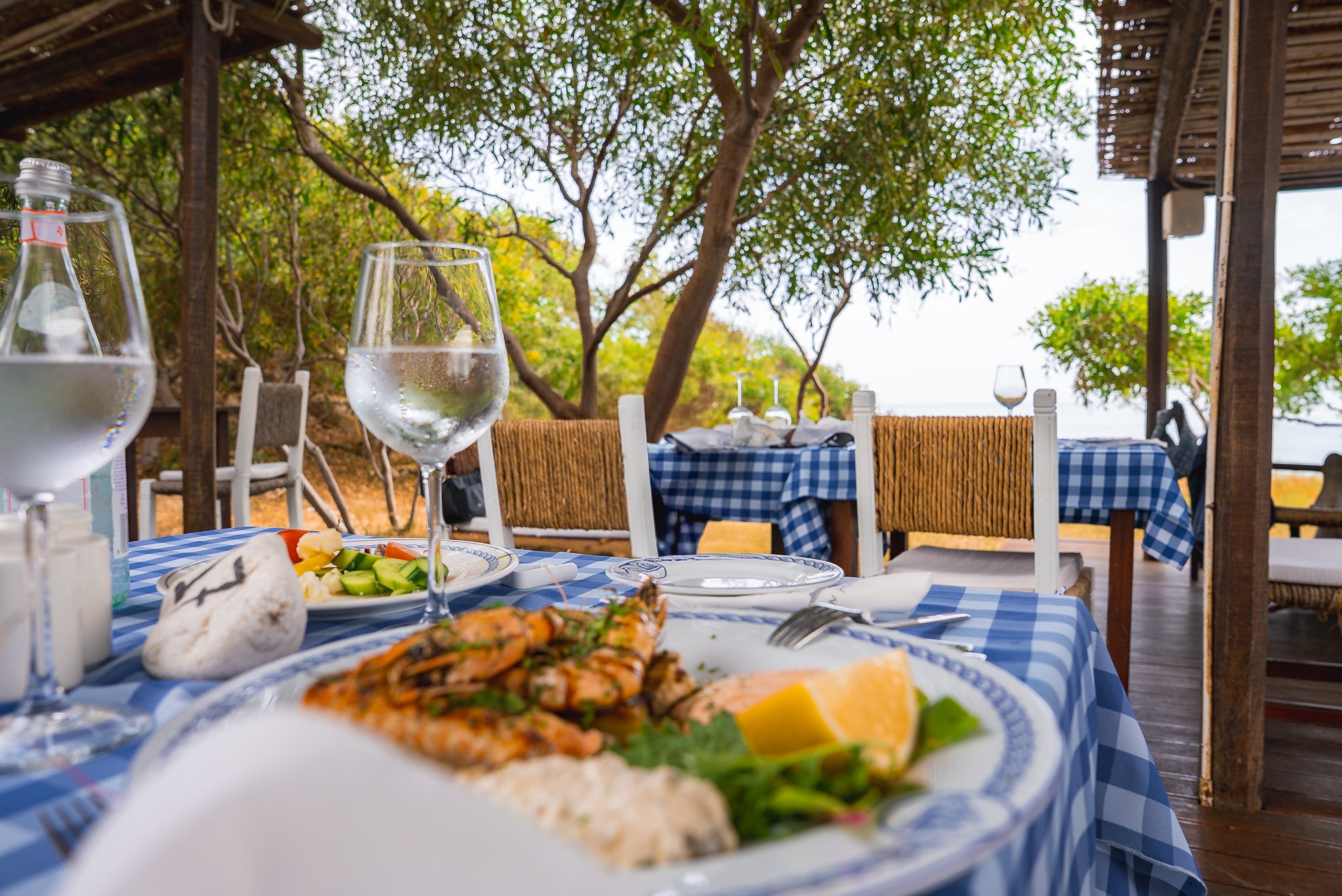Many people move to Cyprus seeking laid-back days in the warm sun, fresh seafood on the terrace and an overall healthier lifestyle – and Cyprus doesn’t disappoint. Yet even in this Mediterranean paradise, you’ll need to engage with the local healthcare system sooner or later. From setting up appointments with a GP to accessing emergency services, it’s important to understand how to access healthcare in Cyprus, especially if you’re considering a long-term move or retirement here.
While the sunshine will do wonders for your wellbeing, knowing how to access care if you become ill is essential for peace of mind. This article takes a realistic look at what you can expect from both public and private healthcare in Cyprus in 2025. Whether you’re relocating from the UK, another EU country or further afield, we’ll help you understand the costs, processes and options available to you on the island.
Contents

How to register with a GP in Cyprus
Registering with a general practitioner (GP) in Cyprus is your first step towards accessing medical care on the island. Whether you’re a retiree, moving for work or settling part-time, getting signed up early ensures you aren’t left scrambling in a moment of need.
Most residents use the General Healthcare System (GHS), known locally as GeSY, which launched in 2019. It’s a publicly funded scheme offering access to a wide range of healthcare services. If you are officially resident in Cyprus, employed, self-employed, retired or receiving a pension from an EU state or the UK, you’re likely eligible to enrol.
To join GeSY, you must first apply for a Cypriot Social Insurance Number, then register online via the GeSY beneficiary portal. Once approved, you’ll be able to select a registered GP in your district. GPs serve as your first point of contact and will provide referrals to specialists when required.
If you aren’t eligible for GeSY – for instance, if you’re under 65 and not working in Cyprus – you can still access care, but you’ll pay a little more. You can either use state services with a fee or opt for private healthcare.
While the process is straightforward, it’s worth asking your estate agent or lawyer to recommend a GP who is used to dealing with English-speaking patients. Many Cypriot doctors speak English fluently, but it’s still valuable to find someone used to working with expats.
For a closer look at purchasing abroad, make sure to download your free copy of our Cyprus Buying Guide:
Download the Cyprus Buying Guide
Seeing a doctor in Cyprus
If you need to visit a GP in Cyprus, the experience will feel familiar if you’ve ever navigated the NHS in the UK – but there are a few local differences to note.
Appointments can be made over the phone or online, depending on the practice. You’ll often be asked the reason for your visit when booking, not to interrogate you, but to ensure you’re matched with the right healthcare professional. GPs usually work Monday to Friday, between 9am and 7pm, with a midday break from 1 to 2pm. Many clinics operate on a first-come basis, so it’s worth arriving promptly if your appointment isn’t booked in advance.
Under the GeSY system, you’re entitled to a number of free GP visits per year depending on your age and health status. Once you exceed that annual quota, you’ll be charged €15 per visit. Specialist appointments cost €6 with a referral, or €25 without one. As of 2025, these prices remain some of the most affordable in Europe.
Waiting times in the public system can vary. While the standard of care is high, it’s not unusual to wait a week or more for a non-urgent GP appointment. Those used to quicker access may choose to mix public and private services.
Prescriptions are issued electronically and dispensed at local pharmacies. Most medicines are heavily subsidised under GeSY and cost just €1 per item. If you’re prescribed lab tests or imaging, these must usually be paid for in advance using health stamps, which can be purchased at a pharmacy or clinic.
Dental care in Cyprus
Dental treatment in Cyprus is available through both public and private systems, but access depends on your residency status and age.
As a GeSY participant, you’re entitled to one free basic dental check-up per year from a state-registered dentist. These check-ups cover preventive care and minor treatments. If you need fillings, extractions or orthodontic work, you’ll either pay out of pocket or turn to the private sector, where prices remain competitive.
Crowns, dentures and cosmetic treatments aren’t generally covered on the public system – but for many expats, this isn’t an issue. Cyprus is well known for high standards in private dentistry at reasonable prices. For example, a private scale and polish may cost just €30–€50, and fillings approximately €60–€80, depending on complexity. These rates are significantly lower than you’d find in Western Europe or North America.
There’s a growing trend of “dental tourism” – travellers who plan short trips to Cyprus solely for dental work. But even if you’re a resident, the cost savings and reduced waiting times make private dental care very appealing. You can usually see a private dentist within a day or two, and many advertise services in English.
If you’re planning to stay long term, it’s worth choosing a trusted practice close to your home. Ask local expats for recommendations or speak to your estate agent while house-hunting. It’s one of the reasons we recommend finding a good estate agent in Cyprus.
Emergency care in Cyprus
Cyprus has well-equipped emergency services and hospitals that can deal with urgent and life-threatening situations efficiently. In case of emergency, you have two main numbers to call: 112 (the EU-wide emergency number) or 199, which is specific to Cyprus. Both lines are staffed 24/7 and operators will speak English.
Ambulance services in Cyprus are free of charge for emergency calls. However, some expats report that waiting times can be inconsistent. In serious emergencies – such as heart attacks, major accidents or strokes – always call an ambulance. For less critical issues, it might be quicker to ask a neighbour or friend to drive you to the hospital.
Public hospitals typically charge a flat fee of €10 for admission to the Accident and Emergency (A&E) department. If you’re an EU pensioner or a Cypriot national, this fee is often waived. Treatment is not denied based on ability to pay, but you will be billed for certain specialist services or tests if they’re not part of an emergency care package.
Emergency care facilities are spread across the island, with general hospitals available in cities like Nicosia, Limassol, Larnaca and Paphos. Hospitals are generally clean, well-staffed and equipped with modern technology. In urgent cases, staff act swiftly – but do not expect the same level of bedside manner you’d find in a smaller family-run clinic. Communication is mostly in English, but it’s helpful to carry a list of medications or allergies with you, just in case.
Should you go private?
Private medical care in Cyprus may seem like a luxury – but it can be a strategic choice. Many expats use a blend of public and private care to ensure faster access and increased comfort.
Private GP appointments typically cost between €30 and €50 depending on the practice. You usually won’t need a referral to see a specialist, and appointments are often available within a few days. Clinics often offer English-speaking doctors, shorter wait times and tailored services. It’s not unusual to be seen within the same week, or even on the day.
If you prefer a sense of continuity and more time with your doctor, private care may be worth considering. Some clinics offer membership programmes or annual plans which can reduce per-appointment costs and give you access to additional benefits like home visits or 24-hour assistance.
Private health insurance plans are widely available and range from basic policies covering hospital stays and diagnostics, to more comprehensive packages including dental, vision and wellness services. Prices depend on age and medical history, but many retired expats find they can get decent cover for under €100 per month.
Deciding whether to go private depends on your priorities – cost, convenience, language and peace of mind all play a role. Luckily, Cyprus allows you to mix and match. You can rely on public care for basics and emergencies, and turn to private providers for specialist attention or speed.
Final thoughts
Living in Cyprus offers plenty of benefits – sunshine, scenery and a warm-hearted community. But it also delivers when it comes to healthcare. Whether you enter the public system via GeSY, opt for private care or combine the two, you’ll find the island offers reliable support when you need it most.
Taking the time to register with a GP, understand your entitlements and explore local providers early on will give you confidence and clarity. After all, the fewer surprises you face, the more you can focus on enjoying the best of island life.
If you’re thinking of making the move, our expert team at Your Overseas Home is here to guide you. From advising on healthcare options to helping you find the perfect property, we’ll make your transition to Cyprus smoother, safer and more affordable. Book a call with one of our property consultants to get answers to all your questions.
FAQs about accessing healthcare in Cyprus
Most residents enrol in the General Healthcare System (GeSY). To do this, you’ll need a Cypriot Social Insurance Number and must register online via the GeSY portal. Once approved, you can select a GP in your district. If you aren’t eligible for GeSY, you can still see doctors but will pay higher fees, either through the state or privately.
Yes. Many Cypriot doctors, particularly those in larger towns and private clinics, speak English fluently. However, it’s still worth finding a GP or dentist who regularly works with expats for added peace of mind.
You’re entitled to a set number of free GP visits per year. After that, GP appointments cost €15. Specialist visits are €6 with a referral, or €25 without one. Prescriptions are usually €1 per item, with most medicines subsidised.
Non-urgent appointments can take a week or more. While the standard of care is high, expats often combine public healthcare for basics with private clinics for quicker access.
GeSY covers one free annual dental check-up, but additional treatments like fillings, crowns and orthodontics are usually private. Private dentistry is affordable, with cleanings starting around €30–€50 and fillings around €60–€80.
Call 112 (EU-wide) or 199 (Cyprus-specific). Ambulances are free in emergencies, and most hospital staff speak English. A&E visits typically cost €10 unless waived for pensioners or citizens. Care is never denied, but some tests may incur charges.
Yes, many expats use a mix of public and private care. Private GPs charge around €30–€50, and you usually won’t need referrals. Insurance plans are also available, with basic cover starting under €100 per month, depending on your age and medical history.
General hospitals are located in Nicosia, Limassol, Larnaca and Paphos, all offering modern facilities. Smaller clinics are scattered across the island for routine and urgent care.









